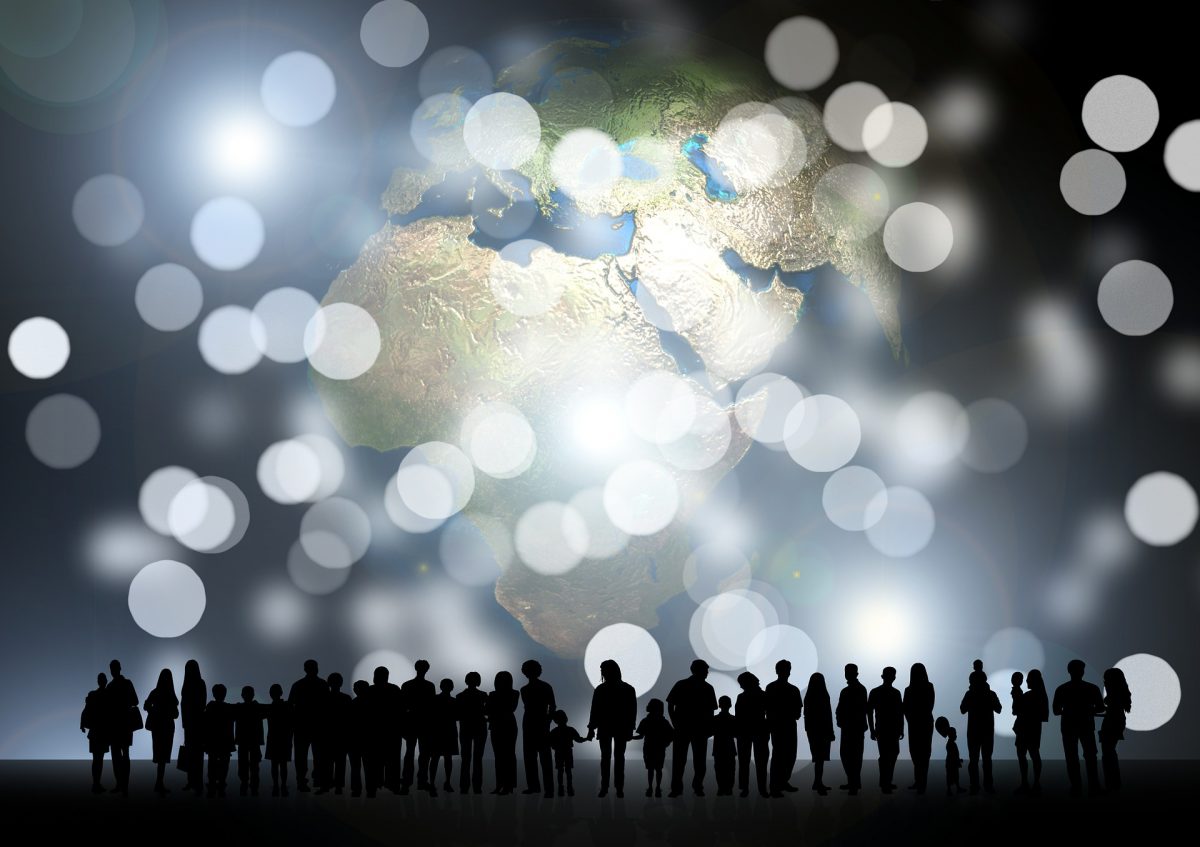So onwards on the journey – Collaborative learning in digital learning environments. In module two we have explored the concepts of open learning, sharing and openness. And what does that mean for my practice as a teacher? Honestly, previous to this module, I hadn’t thought much about open educational resources other than I’ve looked at a few sites to see if I could find useful material. For me, it has meant basically – finding free books online. Now, however, I understand that there’s so much more to it.
Sustainability of Open Educational Resources
In the Ted talk by David Wiley from 2010,[i] he is passionately promoting open educational resources. It’s all very nice but somewhat unrealistic to think that resources could be available openly and for free. Today nothing is for free, and if nothing else, we pay to avoid annoying ads by giving personal information. I read a summary by David Wiley published on the OECD website[ii]. It’s from 2007 and covers the sustainability of open educational resources. He acknowledges that sustaining work that are given away freely is difficult but not impossible. This paper presents various examples and ways for funding. A reference is made to UNESCO and that it was them that in 2002 coined the concept – open educational resources. They wished to develop together a universal educational resource available for the whole of humanity. That reminded me of some recent news about UNESCO awarding a prize for efforts within open education, and I headed to the UNESCO website.
OER for the good of humanity
WOW…now that is inspirational! An article tells the story of a project “One College Student Per Village” that received a UNESCO prize for its use of AI to empower rural learners in China[iii]. It’s run by the Open University of China. They have set up smart cloud-based classrooms and use AI (artificial intelligence) to create customized learning plans for individual students. And it made me think, maybe OER is not so much talked about where I am because we are privileged in so many ways and most people can afford to pay for educational resources. But in reality, almost 40 % of the world’s population do not have access to the internet[iv].
The freedom to remix
Back to my practice…If I would use more material available under an open license that allows remix, adaptation and to build further on that would be really useful. I often find things I would like to use if I could only make adjustments without worrying that I’m infringing on someone rights. Even academic freedom could increase if we used more open educational resources. So much more than just free online books!
________________
[i] https://www.youtube.com/watch?v=Rb0syrgsH6M
[ii] https://www.oecd.org/education/ceri/38645447.pdf
[iii] https://en.unesco.org/news/open-university-china-awarded-unesco-prize-its-use-ai-empower-rural-learners
[iv] https://www.statista.com/statistics/617136/digital-population-worldwide/
